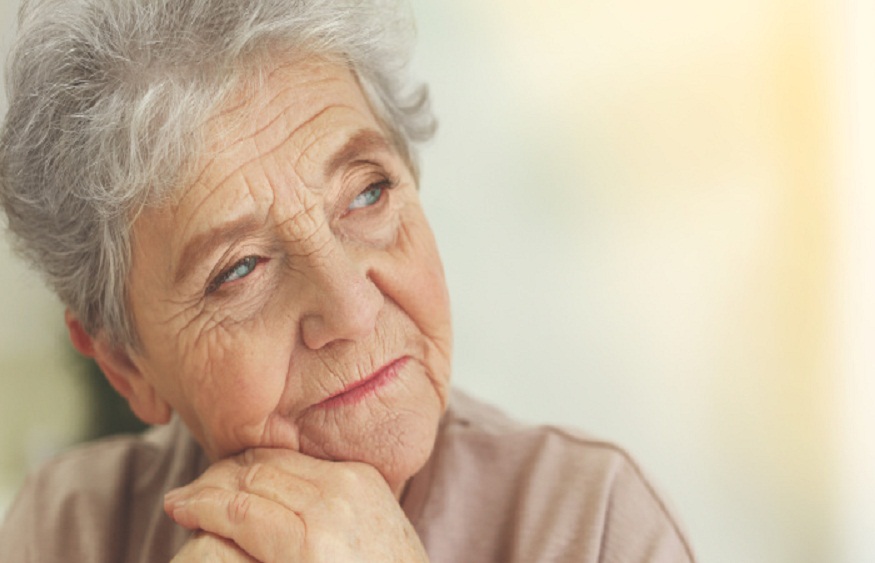
As we age, our skin faces unique challenges. Elderly skin often becomes thinner and more fragile. This is where dermatologists step in. They play a crucial role in managing skin diseases in older adults. Sanford Dermatology, for example, offers specialized care to address these needs. By focusing on prevention, diagnosis, and treatment, dermatologists help maintain skin health in later years.
Common Skin Conditions in Elderly
Dermatologists are trained to treat a variety of skin conditions that often affect older adults, such as:
- Dry skin, or xerosis
- Age spots and pigmentation changes
- Skin cancers like melanoma, basal cell carcinoma, and squamous cell carcinoma
These conditions require timely intervention. Regular check-ups with a dermatologist can help identify and manage these issues early.
The Importance of Early Detection
Early detection of skin diseases is essential. It allows for more effective treatment, improving outcomes. According to the Centers for Disease Control and Prevention, skin cancer is one of the most common cancers in the United States. Dermatologists use their expertise to spot early signs of such conditions.
Early detection involves routine skin examinations. Dermatologists can identify suspicious areas that might need further investigation. This proactive approach reduces the risk of severe complications.
Treatment Options Available
There are several treatments available for skin issues in the elderly. These include:
- Topical treatments for dryness and irritation
- Laser therapies for pigmentation changes
- Surgical procedures for removing cancerous lesions
Each treatment is tailored to the individual’s needs. Dermatologists consider the patient’s overall health and specific skin condition when recommending treatment options.
Comparison of Treatment Modalities
| Treatment Type | Benefits | Considerations |
| Topical Treatments | Non-invasive; easy to apply | May require daily application |
| Laser Therapy | Effective for pigmentation | Requires specialist equipment |
| Surgical Procedures | Removes cancerous cells | Involves recovery time |
Preventive Measures
Prevention plays a key role in skin health. Simple steps can minimize risks. For instance, using sunscreen and wearing protective clothing can protect against harmful UV rays. The National Cancer Institute emphasizes the importance of sun protection in reducing skin cancer risk.
Additionally, staying hydrated and maintaining a balanced diet contribute to overall skin well-being. Dermatologists often provide guidance on lifestyle changes that support healthy skin aging.
Conclusion
Dermatologists are vital in managing the skin health of elderly individuals. Through early detection, appropriate treatment, and preventive measures, they help maintain skin integrity and quality of life. Engaging with a dermatologist can ensure effective care and management of skin diseases as one age.
Regular consultations, along with a proactive approach to skincare, can make a significant difference in the lives of older adults. By addressing issues as they arise and implementing preventive strategies, dermatologists help their patients enjoy healthier, more comfortable skin.

